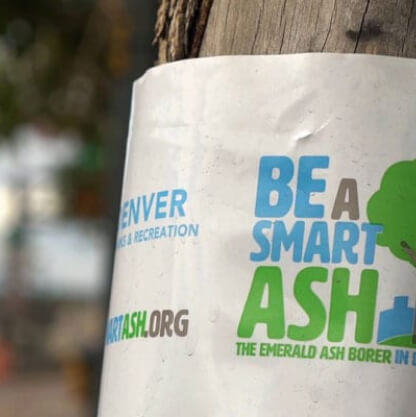6 ways to respond to tricky interview tactics

Journalists can be relentless in their pursuit of a hot story, and some will reach into their bag of tricks to extract a little extra drama from their subjects.
To help protect you and your clients from being drawn into a sensational story, or revealing information that you don’t want made public, here are some reporter tricks, along with suggested responses.
Putting words in your mouth
Remember, confirming a statement made by a reporter with a “yes” could open the door for a sensational comment, attributed to you. In one interview, I heard a reporter ask a source if he was “devastated.” The source gave a long, more moderate answer, without correcting the reporter’s comment. The next day he was quoted as saying he was “devastated.” Correct first, then elaborate.
Softening you up for the kill
Some of the most effective reporters are the ones who kill you with kindness. You are prepared for aggressive reporters, but when the nice ones ask a tricky question, you are often caught off guard and may reveal something you did not intend to. Remember, reporters have a job to do, and they are not your friends. Stay on your guard.
Awkward silences
Reporters deliberately will not ask an immediate follow-up question, leaving a silence with the hope that you will fill the time with more information. The solution: Be comfortable with the silence, and stick to your messaging.
“Would it be accurate if I said … ”
This one is hard, because a reporter may tell you they are reporting something about you that is wrong, and by confirming it you have opened the door for the information to be made public. Often, the reporter is simply fishing and does not have confirmed information or is just goading you. The best answer is no answer; tell them it is their job to confirm the reporting.
Anonymous sources
Never confirm, deny, or comment on information attributed to anonymous sources. You don’t know if these sources exist, and frequently the only way a media outlet can use an anonymous source is if someone confirms or comments on the information. Gone are the days when the media only uses anonymous sources for victims of crimes.
Asking to go on background or off the record
As we have discussed before ( ‘Off the record’ no longer applies), sharing information off the record is never a good idea. Just assume that whatever you tell the media, whether on background or off the record, will become public. It’s unfortunate, but gone are the days when you spend years working with the same reporter, developing a level of trust. Those reporters have all taken buyouts.
(This post also appears on Ragan’s PrDaily.com.)



